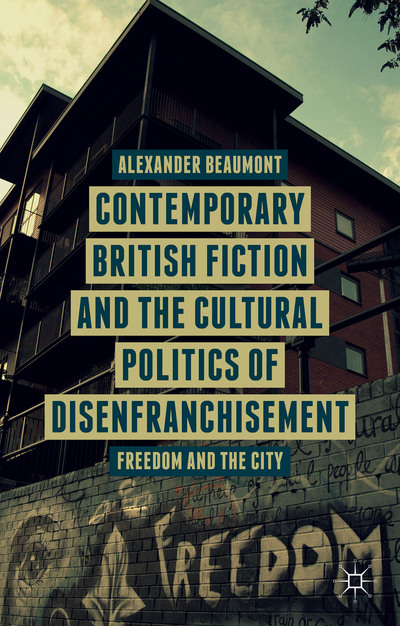By Chloe Ashbridge, Ellie Booth & Becca Hall
As part of the ‘State of the Art: British Literature’ module on York St John’s MA in Contemporary Literature, students were asked to read Alistair McDowall’s play Pomona, which premiered at the Orange Tree Theatre in London in 2014. On Saturday 14th November 2015 a group of students visited Manchester on a guided tour of the urban wasteland that lends the play its name, to hear McDowall in conversation with Dr Rachel Clements from the University of Manchester, and to watch the play itself. Here they discuss the experience.
“Pomona Metrolink Station (4)” by Rept0n1x – Own work. Licensed under CC BY-SA 3.0 via Commons.
Pomona is a ‘grassy limbo’ that buffers Salford and Manchester. On one side of the canal is the Bridgewater Canal while on the other, creating the island and speaking of its past purpose as an industrial dockyard, is the Manchester Ship Canal. As we walked out onto Pomona the only other human present was a dog walker in the distance. This view of tangled vegetation and distant people captured the island’s edgeland feel. As we walked around the island, Dr Alex Beaumont, the coordinator of the State of the Art module, discussed the history of the island and its uncertain future. The discussion turned to psychogeography and how poverty has been hidden in Manchester, both now and throughout history. The increasing sense of alienation and separation felt while traversing the urban countryside of Pomona anticipated the mood of the play, which we were due to see later in the day.
Following the visit to the island of Pomona we attended a discussion of the play with the playwright Alistair McDowall, hosted by Dr Rachael Clements from the University of Manchester. The talk took place in the main theatre of the Royal Exchange, with Clements and McDowall on the stage where the play would be performed. Throughout the talk McDowall emphasised his discomfort with being labelled as a ‘northern writer’, which in his opinion suggests that a writer from the south of England is the norm, whilst a writer from northern England is considered ‘other’. He further stressed that whilst Pomona is set in the city of Manchester and on the island of Pomona it is not actually about either. McDowall described how the play is primarily an expression of his own anxieties and fears, a fact which was demonstrated in the talk with McDowall’s self-confessed unease with talking in front of an audience.
In an interesting exchange, Clements asked McDowall whether it was problematic that such a dark play should index its theme of evil to the representation of sex workers. McDowall’s critical self-awareness as a writer was captured in this moment, as he pointed to his insistence that ‘the actors playing Ollie and Fay should not at any point be wearing sexually suggestive or revealing clothing, despite their employment’. However, despite his strong opinions on the text and precise author’s note, McDowall was aware of the criticisms that these characters could attract and suggested that, in order to succeed as a playwright, one must be willing to grant some control over the text to the director, the producer and the audience.
It was hugely beneficial to have the opportunity to watch Pomona at the Royal Exchange Theatre following our visit to the island earlier in the day. The concept of ‘liveness’, which we had been discussing on the module with Julie Raby, was foregrounded early on, as upon entering the theatre the actors were stood between the aisles and sat in reserved seats amongst the audience. Zeppo, the play’s most omniscient presence, was already on the stage, donning only a khaki parka jacket and white underpants, and eating chicken Mcnuggets as the audience filed in. Due to this staging it felt as though the play had already started, and because it was hard to distinguish between actor and audience member, the performance quickly became an immersive experience that threw the audience into McDowall’s dystopian vision even before they took their seats. The architecture of the Royal Exchange Theatre complemented the immersive quality of the production, as the heptagonal theatre-in-the-round replicated the stark atmosphere created by some urban spaces. The history of the Royal Exchange was also significant as the building had previously been a stock exchange – the trading board still displayed the final day’s trading – which corresponded with the play’s themes of capitalism and the buying and selling of the human body.
The trip was ultimately a brilliant day out that increased our understanding of the themes, ideas, and setting of Pomona and enriched the experience of the Contemporary Literature MA.









